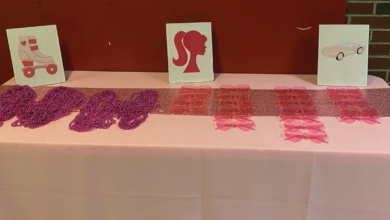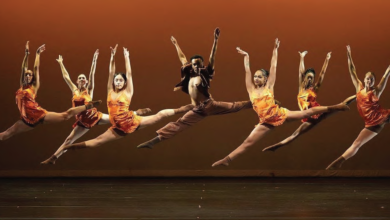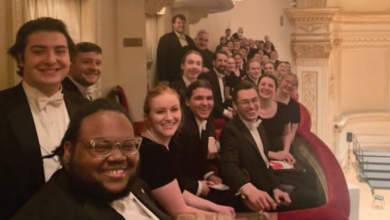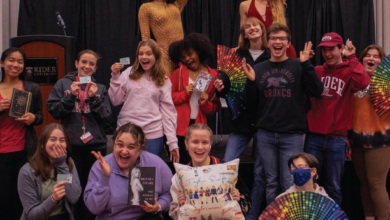
Hispanic Heritage Month Spotlight: Cynthia Martinez
By Madison Lewis
Professors and students are working toward adequate representation for a large demographic at Rider this Hispanic Heritage Month. One educator in particular, Cynthia Martinez, has worked tirelessly to reach this goal.
Martinez is a professor in the Department of Languages, Literatures and Cultures, teaching mostly Spanish and Latinx studies.
Martinez was born in Ecuador and lived there for 10 years before moving to Louisville, Kentucky, which did not have a big Latinx population.
In the United States, Martinez spoke English regularly, but she felt that she was forgetting her first language: Spanish.
Relearning Spanish over the years ignited a passion within Martinez for teaching others about the language and Latinx culture in general.
“Especially for my classes that really focus on Latinx studies, a lot of what I bring in is discussions about identity: about who Latinos in the U.S. are, about migration, about some of the most urgent topics surrounding our communities,” Martinez said.
Martinez stumbled into a Latino studies course while studying at Murray State University. She was drawn to it because this was the first time she saw herself being represented. She wants her courses to be that guiding light for students who desire a deeper relationship with their own culture, as well as students drawn to learning more.
Senior psychology major Cece Cream has taken classes with Martinez since her freshman year. Now, Cream is taking a class about Latinx cultures, which helps her connect to her Puerto Rican Heritage.
“Not only does [Martinez] acknowledge the individual heritage and culture that uniquely define each Latin heritage, but she also intersects and intertwines what we know of [Latin culture] today,” Cream said. “She’s a wealth of knowledge.”
According to Martinez, the Hispanic demographic is the fastest-growing minority group in the U.S., and Spanish is the second most-spoken language in the U.S.
“Latinos are a huge presence where we live in the United States, so I think it is always worth it to get to know any community that is within your surroundings,” said Martinez.
No matter how a person identifies, it is important to recognize the general history that may have been obscured over time.
“You cannot have any understanding of U.S. history without Latino culture. Latino culture is embedded in U.S. history whether it is acknowledged or not,” Cream said. “[We can utilize] an entire month to be able to highlight [historical figures and activists] who otherwise go unspoken.”
Cream and Martinez agreed that Hispanic Heritage Month brings visibility to and sheds light on histories that may be obscured.
Student groups, like the Latin American Student Organization, DominiRican club and Rider Latinas Unidas, of which Martinez is the adviser, are seeking to do this work at the university.
“While these heritage months are extremely important, they also can’t be everything,” Martinez said. “We can’t only think about Latinos during Latinx month. … We need to extend what we are engaging in within these heritage months to all the time.”



